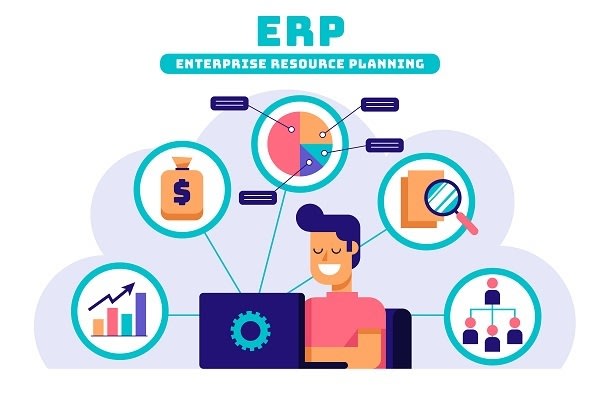
In today’s complex ERP landscape, AI and Machine Learning (ML) are reshaping the way organizations approach testing. From handling system complexity to meeting the demand for faster releases, AI and ML bring automation, accuracy, and efficiency to ERP testing. This article explores their crucial role, including ML’s ability to generate realistic test data and automate test data management. In this article, we will explore the impact of AI and ML on the state of ERP testing and examine the various ways these technologies are enhancing the testing process.
The Need for AI and ML in ERP Testing
The Complexity of ERP Systems
Modern ERP systems have become increasingly complex, with numerous modules, integrations, and customizations. Traditional manual testing methods are no longer sufficient to handle the intricate nature of these systems. AI and ML can help address this complexity by automating and streamlining the testing process.
Rising Demand for Faster Releases
As businesses strive to stay ahead of the competition, the need for faster software releases has become paramount. AI and ML can help achieve this by automating repetitive tasks, reducing human intervention, and speeding up the overall testing process.
Quality Assurance Challenges
Ensuring the quality of ERP systems is critical in maintaining efficient business operations. AI and ML can play a significant role in improving the accuracy and consistency of testing, reducing the likelihood of defects, and ultimately improving the overall quality of the system.
Machine Learning in Test Data Management
Test Data Generation
Machine Learning (ML) has the capability to produce authentic and varied test data that closely mimics real-life data. This aids in enhancing the precision of test outcomes and enables testing teams to detect and resolve potential concerns at an early stage of the development phase.
Test Data Classification
ML can help classify test data based on various criteria, such as data type, sensitivity, and usage patterns. This enables testing teams to efficiently manage and access the required test data, ultimately improving the overall testing process.
Test Data Anonymization
ML can be leveraged in automation testing solutions to anonymize sensitive test data, thereby ensuring compliance with data protection regulations and upholding user privacy. By utilizing ML techniques, organizations can effectively remove or obfuscate personally identifiable information (PII) from test data, minimizing the risk of potential legal issues. This proactive approach not only demonstrates a commitment to data privacy but also fosters trust and confidence among customers, strengthening the organization’s reputation.
Advancements in AI and ML for ERP Testing
Natural Language Processing (NLP)
NLP enables AI systems to understand and interpret human languages, which can be utilized in ERP testing to analyze requirement documents, identify testable functionalities, and generate test cases accordingly.
Deep Learning
Deep Learning, a subset of ML, can help in identifying complex patterns and relationships within large data sets. This can be particularly useful in ERP testing for tasks like defect prediction, test data generation, and test optimization.
Conclusion
The integration of AI and ML in ERP testing has the potential to revolutionize the way businesses test and maintain their ERP systems. Opkey’s AI and ML capabilities empower organizations to optimize test case creation, automate test data generation, and predict potential defects, streamlining the testing process and improving overall efficiency. You should experience the accelerated implementation with Opkey’s extensive library of pre-built test accelerators for 15+ leading ERP systems, including Oracle Cloud, Salesforce, and SAP. Opkey’s advanced ERP features and autonomous testing technology enable customers to achieve 200x more frequent deployments and change cycles, maximizing the productivity of their ERP systems.


















